If you work in these jobs, it might be time to consider your future: The roles most likely to be replaced by AI
The rapid development of artificial intelligence has thrust a number of jobs on an endangered species list, with experts saying they could soon cease to exist.
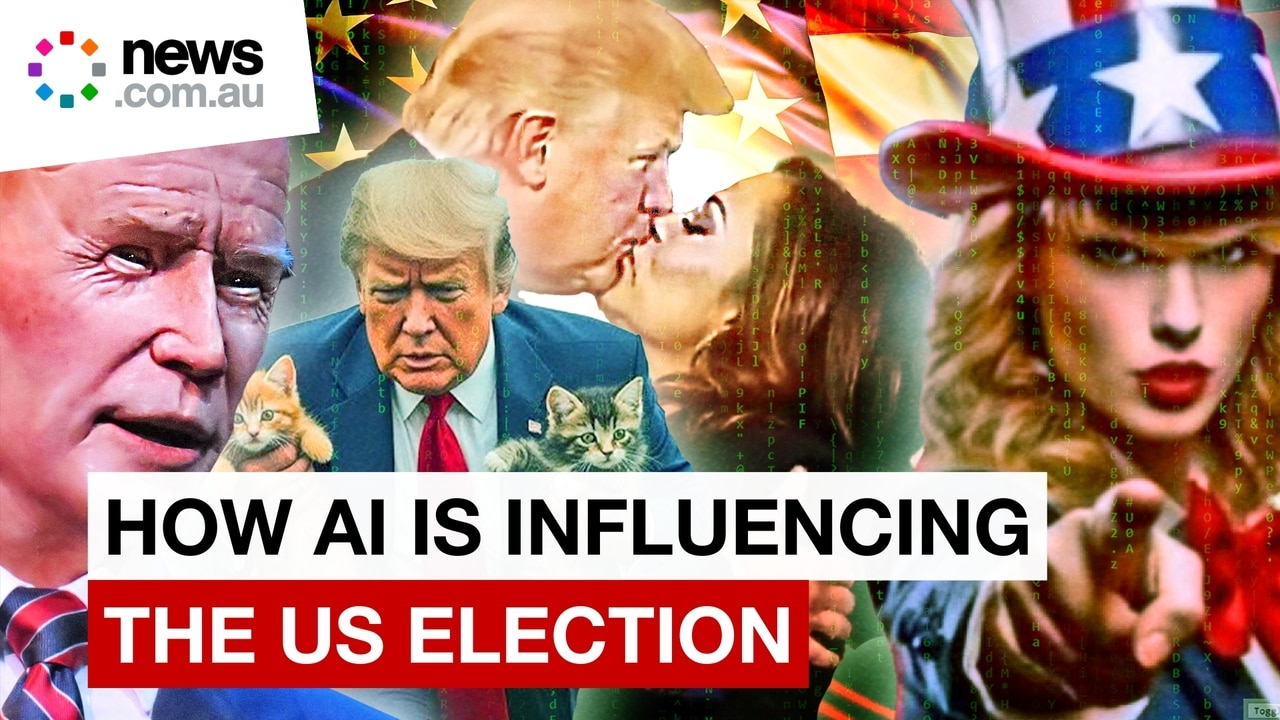
Careers
Don't miss out on the headlines from Careers. Followed categories will be added to My News.
The rapid development and rollout of artificial intelligence technology is set to fundamentally reshape virtually all aspects of life – but workplaces could be among the first to see dramatic change.
A leading expert in technology has offered a forecast on the professions that may soon no longer exist, at least in a way that will require the services of a human employee.
Last year, the World Economic Forum released a staggering report that warned some 26 million jobs will be wiped out by AI technology over the coming three years.
Niusha Shafiabady, an associate professor of computational intelligence at the Australian Catholic University’s Peter Faber Business School, has modelled the jobs most likely to be disrupted in the top three industries in the sights of AI.
They are education and health services, professional and business services, and leisure and hospitality.
Jobs on the chopping block
In the education space, those working in an secretarial role at schools and universities could be replaced “relatively quickly” by AI, Dr Shafiabady said.
Librarians are also at risk, as are specialists who teach extra-curricular pursuits, such as music.

“They can be done programmatically with a computer with a camera. If you are a parent and are taking your kid for music lessons after school, you know the hassles involved in a 30-minute music lesson. If you have an alternative for this, you will probably take it.
“A computer program that shows your kid how to play and teaches them every principle that a music teacher shows them, and at the same time corrects them when they are practising, will be easier and possibly cheaper to use.”

AI could see librarians become obsolete, with their tasks – managing the borrowing and release of materials, providing advice on helpful resources, and even surpassing human insights with an instant encyclopaedic knowledge of the world – easily replicated by AI.
“The obvious choice for the jobs in the health services space is a clinic receptionist’s role, which can be done by programs and computers in a much cheaper and hassle-free manner,” Dr Shafiabady said.
But more than that, the roles of dietitian, speech therapist and even personal fitness trainer are at risk, she said.
“All these tasks can be done by a computer with a camera, given by an intelligent program, and the same principles given in the music teacher example applied to them.”

In the professional and business services space, customer service representatives and fast food workers are most at risk, as are those working in sales.
Across the United States, major fast food chains are already piloting the use of AI in drive-throughs, replacing humans with verbal chat bots that can quickly and accurately take orders.
Local experts have previously said it’s only a matter of time until similar technology is adopted in Australia.
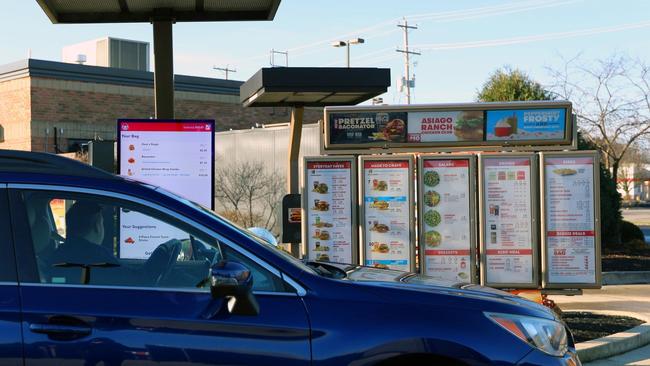
Another job at risk is that of a public relations professional, she said.
“AI algorithms have the capability to replicate these tasks. For example, a public relations representative manages communications and promotes the public image of the organisation.
“AI algorithms can look at these through the inputs they receive and objectively aim [at] different groups to promote an organisation or a client.
“The same principle applies to a sales representative that targets the public. An AI program knows everyone’s preferences better than a human if it has access to the [customer’s] history of their activities, so it will be able to target the people for product sales in a smart manner.”
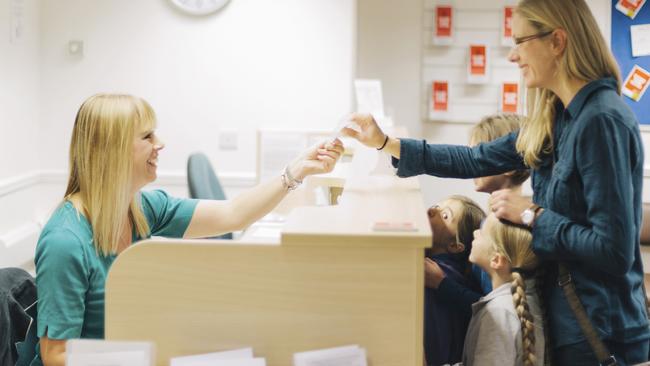
Finally, in the leisure and hospitality industries, hotel concierges are likely to become a thing of the past, with AI able to replicate the vast majority of tasks.
Want advice on where to go for dinner in a city you’re visiting? Keen to get tickets for a theatre show? Lost your bearings and want some easy directions? An AI-powered kiosk, or even a human-looking robot, could do all of that – and more.
Travel agents have already been significantly disrupted in the internet age, with simple and free booking portals as well as shopping direct becoming the norm over the past few decades.
The use of AI will only speed up the significant displacement of that job, Dr Shafiabady said.
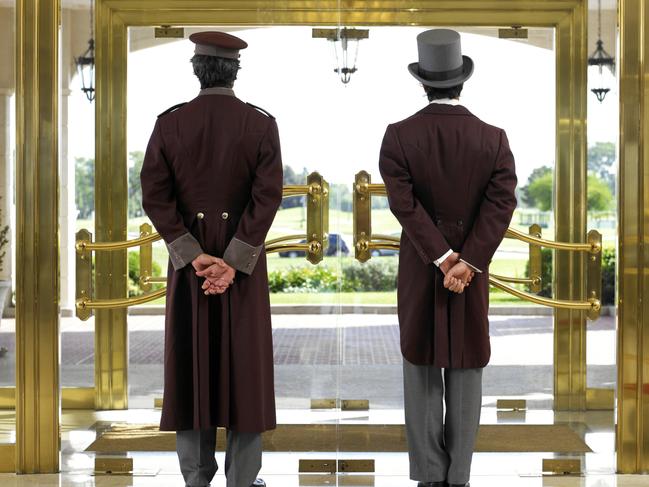
Likewise, the role of an event planner could soon become obsolete.
“A computer program that has access to the data related to all these roles can retrieve the information, process it and make decisions based on people’s priorities faster or sometimes better than a human.”
Those working in industries or roles that are most likely to be impacted by AI should start thinking about how to mitigate the risks now, she said.
“We should start thinking strategically and learn the skills of the future to protect ourselves. Our ancestors have gone through these changes in history many times, for example during the industrial revolution. Now it is our turn to do the same.”
Broader impacts in the workplace
Even if your profession looks to be safe – for a while, at least – AI will have broader impacts beyond replacing humans.
A team of researchers from Massey University in New Zealand and The University of Queensland examined the rapid spread of AI in the human resources space.
More and more companies are turning to the technology to streamline and speed up their recruitment practices.
The automatic review of resumes submitted by applicants for open roles already occurs at scale.
In some cases, applications are filtered before they even reach a human, meaning those that the AI determines aren’t up to scratch are instantly discarded.
In analysis for The Conversation, they wrote: “AI in recruitment promises greater objectivity and efficiency during the hiring process by eliminating human biases and enhancing fairness and consistency in decision making.
“But our research shows AI can subtly – and at times overtly – heighten biases. And the involvement of HR professionals may worsen rather than alleviate these effects.
“This challenges our belief that human oversight can contain and moderate AI.”

Given that AI language sets are informed by human behaviour and communication, they already come with built-in biases.
“For example, in countries with different lengths of military service for men and women, an AI might deduce gender based on service duration,” the researchers offered.
So, even those roles that can’t be replicated by technology can still be impacted in some way due to AI intervention in the very initial hiring phase.
Lots of reward with plenty of risk
Kylie Walker, chief executive of the Australian Academy of Technological Sciences and Engineering, said there are plenty of potential benefits – but not without guardrails.
“Greater adoption of AI could see Australia’s economy increase by $200 billion annually, but it is critical that robust measures are rapidly implemented to safeguard these areas and position Australia at the forefront of AI development,” Ms Walker said.
“Investing further in local AI innovations will simultaneously create new AI industries and jobs here in Australia and reduce our reliance on internationally developed and maintained systems.”

But building public trust in AI will be a long and challenging process, experts say.
Research by The University of Queensland and consulting firm KMPG found two-thirds of people are either unwilling to trust AI or ambivalent about its use.
“However, trust and acceptance depend on the AI application,” the report noted.
“For example, AI use in healthcare is more trusted than AI use for Human Resource purposes. People tend to have faith in the capability and helpfulness of AI systems, but are more sceptical of their safety, security, and fairness.
“Many people feel ambivalent about the use of AI, reporting optimism and excitement, coupled with fear and worry.”
Erica Mealy, a lecturer in computer science at the University of the Sunshine Coast, said people are right to be nervous.
“AI systems are trained on incomprehensibly large data sets using advanced mathematics most people don’t understand,” Dr Mealy explained in analysis for The Conversation.
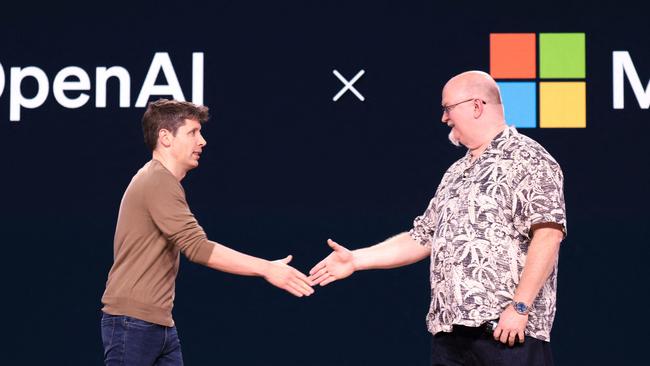
“They produce results we have no way of verifying. Even flagship, state-of-the-art systems produce output riddled with errors.
“ChatGPT appears to be growing less accurate over time. Even at its best it can’t tell you what letters are in the word ‘strawberry’. Meanwhile, Google’s Gemini chatbot has recommended putting glue on pizza, among other comical failures.”
Last month, the Federal Government released its voluntary AI safety standards alongside a discussion paper calling for greater regulation of the technology
In doing so, Industry and Science Minister Ed Husic declared: “We need more people to use AI and to do that we need to build trust.”
Dr Mealy criticised the stance given the valid public wariness.
“The case for using more of it seems quite weak – and also potentially dangerous,” she said.
Aside from the risks, ranging from security to basic safety, Dr Mealy said the government’s own research showed AI’s promises were far from being fulfilled.
That research showed “humans are more effective, efficient and productive than AI”, she said, calling for proponents to “dial down the blind hope”.
Originally published as If you work in these jobs, it might be time to consider your future: The roles most likely to be replaced by AI





